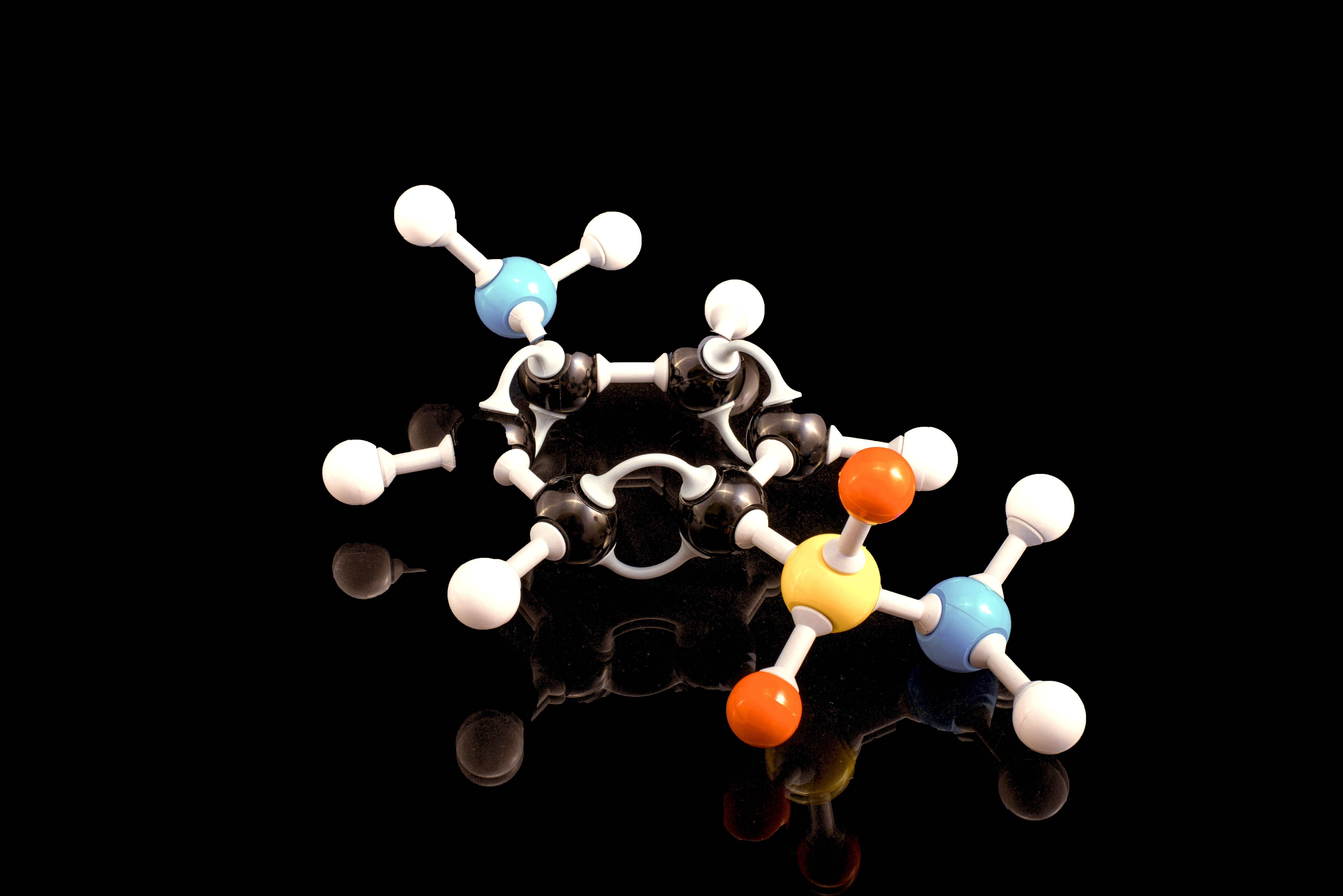Many students always perceive Biology as a subject they can memorise in minutes and pass exams. This is a myth.
Biology often includes long lists of terms, classifications and processes, which requires a degree of memorisation. However, having a deeper understanding of the concepts, analytical skills, and the ability to apply knowledge in the real world are core to helping a student excel in Biology.
In this post, we’ll expound on why Biology is more than memorizing and how one can excel in this subject by mastering practical skills, applying biological concepts and building connections.
Let’s jump right into it!
5 Easy Ways How to Master Biology Concepts-Not Just Memorizing
Let’s stop perceiving that you can pass biology just by memorising concepts. This is a subject that goes beyond memorisation because of the technicalities it comes with. Therefore, to truly excel in Biology, Explore Academy recommends students solely focus on the following:
Building Connections and Understanding Concepts
Generally, the ability to make connections between molecular structures and their physiological roles can foreshadow a student’s success in Biology rather than rote memorisation of concepts alone. An O-level student must learn that to pass Biology and pursue the careers involved in Biology, they have to have a deeper understanding of the concepts and build connections between them.
Biology requires a deep understanding of how various processes and systems work and interact. One needs to understand how classification of plants, animals etc. are done by understanding their different families and how their scientific names are derived.
For instance, you can learn about biological enzymes, molecules and the human digestive system as solely separate topics. However, you’ll find these concepts are deeply linked together, and understanding the relationship involved in these biological concepts might be very important for comprehensive biological knowledge as a whole.
Additionally, molecules are a case in point that deeply requires a strong foundation and understanding of biological concepts. Biological molecules such as proteins, fats and carbohydrates are always broken down by enzymes during the digestion process.
In this case, enzymes act as catalysts in the human digestive system, which primarily accelerates the breakdown of these biomolecules into smaller units that the body can easily absorb. The above example highlights the importance of understanding how biological concepts work rather than memorizing.
Students should focus on understanding how these biomolecules are metabolised and the functions of each enzyme in different digestive organs. This approach will help them build a deeper connection to different biological processes and understand the logic behind each process.
Application to Data-Based Questions
Do you know pure learning in Biology requires intensive application of conceptual knowledge to comprehend and analyse unfamiliar data?
The 6093 syllabus in Biology curricula places more emphasis on applying concepts rather than using memorisation. While students can answer simple knowledge-based questions if they have a basic understanding of their curriculum, the ability to incorporate learned concepts is crucial for data-based concepts.
For instance, when students are required to analyse data related to enzyme activity in various pH environments, they are expected to know how pH levels affect enzyme structure and the roles played by each so that they can interpret the data given and answer the questions accurately.
The table below shows how students can use data to interpret information and answer questions accurately.
| pH Level | Enzyme Activity (%) | Observation |
| 3 | 10% | Deficient activity; enzyme denatured |
| 7 | 90% | Optimum activity |
| 11 | 20% | Enzyme partially denatured |
In the above scenario, attempting to memorise the optimum pH level of each enzyme is not sufficient to come up with better answers. Students must understand why enzymes have fully or partially denatured and how they impact the reaction rate.
Excelling in Experiments
Nothing beats the power of practical experiments and skills in learning Biology. If you’re looking forward to excelling in Biology and its related disciplines, practical skills and the ability to interpret experimental data are more important than memorization.
Therefore, practical skills are profoundly needed to excel in Biology. Lab experiments often require students to conduct, design and analyze results rather than attempt to memorize facts.
For instance, students requested to probe the effect of temperature on enzyme activity might be expected to conclude, collect data from the experiments, hypothesise and control variables as they appear in the experiment. Therefore, this will require experimental skills and conceptual understanding to come up with exact and correct data from the experiment.
From the hands-on experiment, students can conclude the following, as shown in the table;
| Temperature (°C) | Rate of Reaction (mg/min) | Observation |
| 11 | 5 | Slow reaction due to low enzyme activity |
| 37 (Optimum) | 50 | Fast response at body temperature |
| 61 | 10 | Enzyme denaturation at high temperature |
Therefore, when students engage in hands-on experiments, it’s quick for them to develop vital skills that can help them in real-world applications, unlike memorizing concepts, which can’t be beneficial when encountered with real-world scenarios.
Use of Diagrams
Using diagrams in learning biology is another effective method to score highly. There are so many concepts in Biology that require the drawing of diagrams to illustrate a point. Therefore, this technique can be a game changer if you are a visual learner.
For example, a student cannot understand cells and how they look without the actual diagram of a cell instead of writing it down. Visuals create an image in the student’s mind, thus simplifying biological concepts easily.
According to research published by Pete George Thomas, it was found that students who draw diagrams while learning and attempting the exams are more likely to score higher in their examinations.
Enroll in Explorer Academy- O-level Biology Tuition
If you’re earnestly craving to excel in biology without straining, look no further; Explore Academy is here to make your dream come true.
We offer detailed and verified Biology courses designed to help students build a deep and strong understanding of Biology through practical examples, interactive learning, and exam strategies rather than memorization as a learning technique.
You’ll learn key concepts in Biology, such as human physiology, biological molecules and ecosystems, with personalised attention to ensure your success in Biology as a subject.
For more details, visit the Explorer Academy page.
Note
While memorisation can be used in Biology, especially for mastering complex terms and definitions, something other than this should be the students’ focus or method of studying Biology. However, you can balance memorisation with understanding in the following ways;
- Use methods such as flashcards and spaced repetition to help recall critical definitions.
- Occasionally, practice questions that need the application of knowledge, such as data analysis or real-world scenarios.
Final Thoughts
Needless to say, memorisation still holds a position in helping a student master definitions and terms in Biology, but it should be backed up by an understanding of how the above processes, such as drawing, building connections, understanding concepts, applying them to data-based questions, and using hands-on biological experiments, work.
Help your child reach their full potential with Explorer Academy, a trusted provider of science tuition in Singapore. Our O Level Chemistry tuition emphasizes building a strong foundation in Chemistry, making complex topics easier to grasp. With experienced tutors, our O Level Physics tuition and O Level Biology tuition ensure students receive comprehensive support. Additionally, our O level combined science tuition prepares students for success in all areas of their exams.

About Our Founder
Joanne Tan
Joanne Tan is a Science graduate from Nanyang Technological University (NTU) and the founder of Explorer Academy. Having 10 years of teaching experience under her belt, Ms Joanne has experimented many different teaching methods and studying strategies that makes difficult concepts systematic and easy to master.
Seasoned by her experience, Ms Joanne is well known to be a mentor to many of her students. With proper guidance, Joanne believes every student can be empowered with the right skill set and mentality to be resilient and critical thinkers.
Achievements
- 90% A1 to B3
- 80% Distinction (A1/A2)
- Physics: 90% A1 to B3, 85% Distinction (A1/A2)
- Chemistry: 92% A1 to B3, 78% Distinction (A1/A2)
- 100% Grade 1 & 2
- 100% Eligible for PFP










